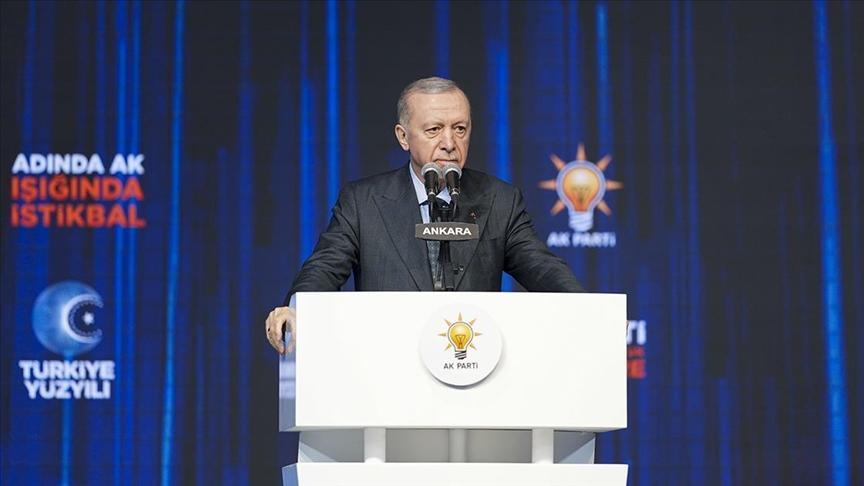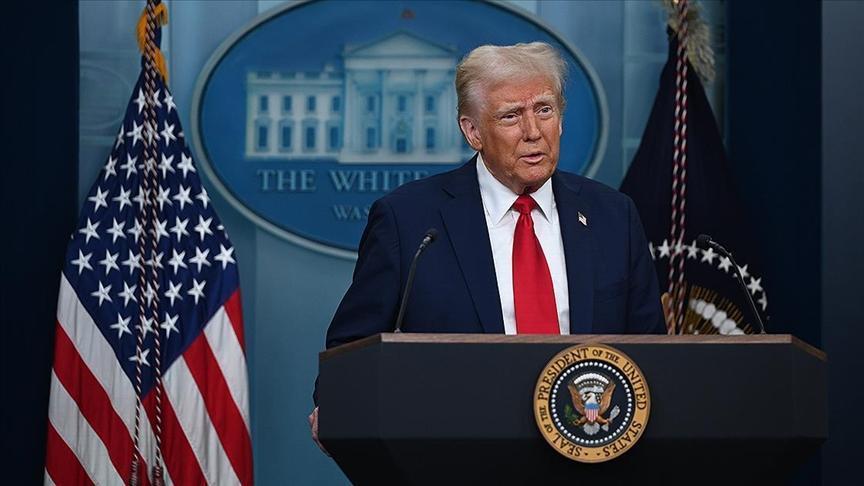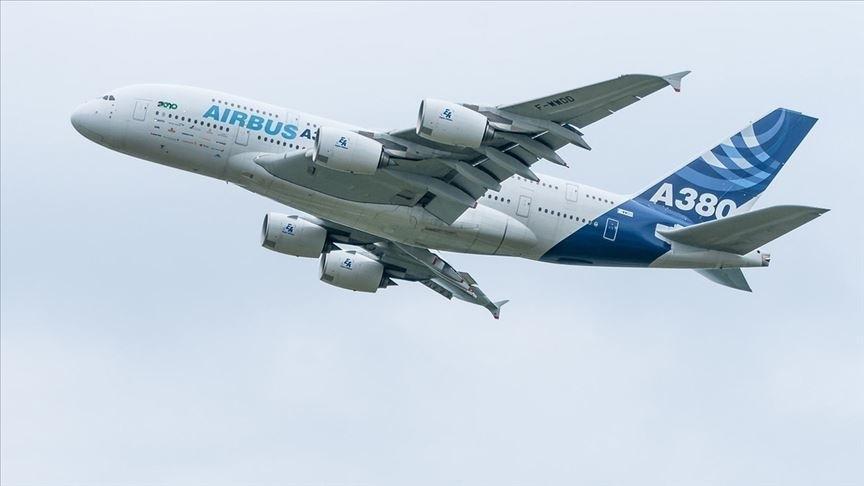Enter Russia as tension rises
The political fault line along the borders of Pakistan, Afghanistan, Iran, Iraq and Syria, from Hindi Kush Mountains in Central Asia to the salty waters of the Mediterranean, started to crack earlier than expected as triggered by the U.S. withdrawal from Iraq.
The day before we were talking about the U.S.-Taliban talks in Afghanistan that led to the reaction of Afghan President Hamid Karzai because of being left out. Since then an awful video was leaked to media showing four American soldiers urinating like barbarian on the dead bodies of supposedly Taliban militants.
The statement made by the Taliban in a few hours’ time in an extremely cold-blooded fashion saying that the video would not damage the talks – despite the prejudgments the other way around – underlined a few factors:
1) Taliban is focused on cutting a deal with Americans and assessed that the video was leaked by those who are against such an agreement; not necessarily Karzai, could be anyone else.
2) The deal they want to cut with Americans is to claim ownership on Afghanistan as soon as possible, since Obama wants to wash his hands out of the rough geography since the elimination of Al Qaeda leader Osama bin Laden in Pakistan last year. And
3) Knowing the political dynamics of the region, the Taliban assessed the fragility of the situation in Pakistan so does not want to be squeezed in between in the power struggle there.
The day before yesterday we were also talking about the radical political consequences in Pakistan following the ultimatum of the Army led by Gen. Ashfaq Pervez Kayani to Prime Minister Yousuf Gilani; the probabilities include a military takeover of the government. Yesterday President Asif Ali Zerdari left his country “for a scheduled trip” amid rumors the U.S. applies pressure on the Army in order not to topple the government.
But will the Pakistani Army listen to the U.S.? That is another matter, since the main focus of the Americans in the region is Pakistan’s and Afghanistan’s neighbor Iran.
Following the assassination of a nuclear scientist working in Iran’s program for which the Israeli Army spokesperson “shed no tears,” the tension around Iran increased further. The U.S. Navy sent another ship to the Hormuz Strait area, which is the passage for more than one third of the world’s oil exports, amid increased demands for more sanctions on Iran.
It was not a very good day for Washington regarding its sanction demands. The European Union demanded some more time to make its mind up, which in practice means playing with time, and Turkey said clearly that Ankara would only implement United Nations Security Council resolutions on sanctions, which are not very likely to come since China openly objected to it.
And enter Russia... Russian Security Council Secretary Nikolai Patrushev’s interview with Kommersant was something bold, warning the U.S. to avoid a military intervention in Iran, which Israel opts for the opposite. Moscow also warned NATO countries on Syria, including its neighbor Turkey, about a military intervention.
In response, the Turkish Foreign Ministry revealed Turkish Navy intelligence showing that the Russian ship reportedly carrying ammunition and which had been released by the Greek Cypriots the day before on the promise that it would not go to Syria, actually did go to the Syrian port of Latakia where the Russian fleet had a support visit last week. We might have more to see as the tension rises.











